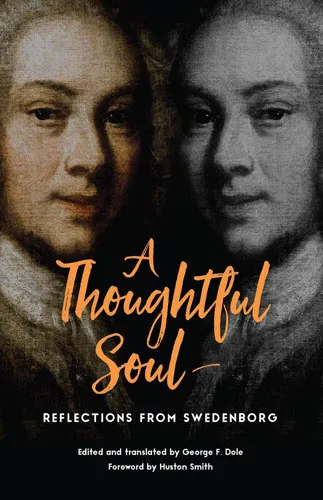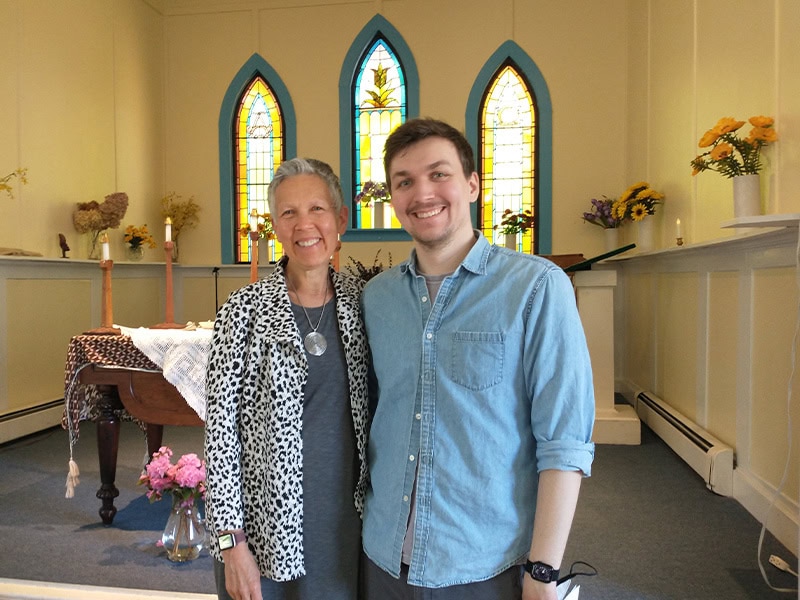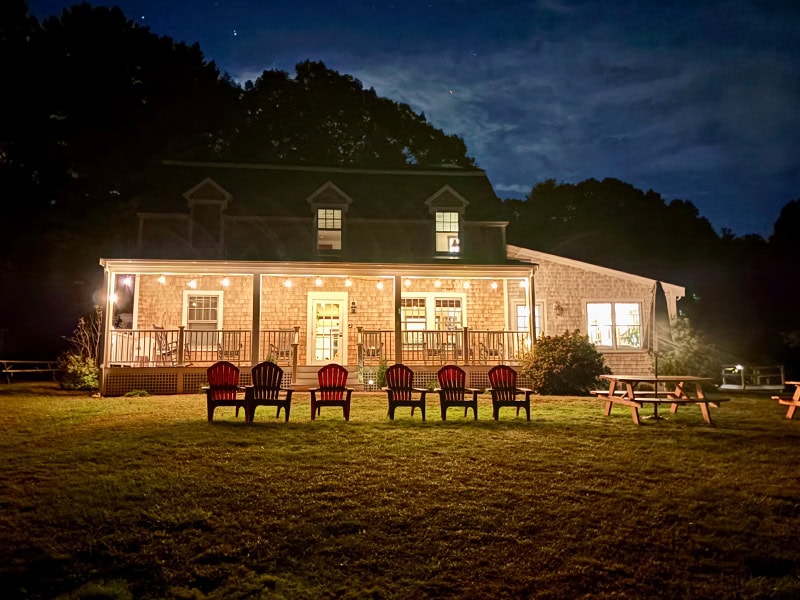By Rev. Dr. George F. Dole
This discussion is taken from Rev. Dr. George Dole’s book, A Thoughtful Soul: Reflections from Swedenborg (West Chester, PA: Chrysalis Books, 1995) in a chapter titled, “The Good Life.”
Swedenborgians have shied away from labeling Emanuel Swedenborg as a mystic, largely, one suspects, because he does not hold out enlightenment or altered states of consciousness as goals and does not advocate for any meditative or spiritual discipline. For him, the life we are designed for is a very down-to-earth life of thoughtful and productive participation in human society. His own spirituality was grounded such a life, as witnessed by his active participation in Sweden’s political life well into his old age. About a year before his death, for example, he substantially enlarged a treatise on monetary policy that he had published almost fifty years earlier and published the new version in an effort to counter what he saw as short-sighted devices for dealing with unfavorable exchange rates. Heaven, for him, was a realm of active service rather than of passive contemplation; and an adequate foundation for heaven as, therefore, to be found in active service here and now.
Yet he was no advocate of activity for activity’s sake or for some kind of scorecard system that balanced good deeds against bad ones. The quality of motivation is absolutely critical. Service done for self-serving reasons simply confirms the individual’s egotism and disrespect for others. Service done for truly religious reasons transforms the individual who performs it, constituting the solid foundation of a heavenly character. To take credit for one’s good deeds is to cross from righteousness into self-righteousness. Instead, we are to use our apparent independence thoughtfully, choosing deeds of compassion; and are, on reflection, to acknowledge that ability to do so is a gift from our Lord and not our possession.
Compassion is to be exercised with discrimination. In keeping with his principle of the inseparability of love and wisdom, Swedenborg insists that we are to use our intelligence to look as honestly as we can at the actual efforts of our actions. Simply doing what other people want us to do, giving to all who ask, may do more harm than good. He would instantly have recognized and endorsed the idea of “tough love,” the kind of love that is not ruled by a need for approval. The essential rules for such constructive living, rule analogous to the Ten Commandments, are to be found in every religion. When they are followed (again, “for religious reasons”), they work. In other words, every religion in its own distinctive way teaches the path to heaven.
Read the full issue of the June 2024 Messenger
Meet Rev. Dr. George F. Dole
Professor Dole taught theology and sacred languages and mentored two generations of Swedenborgian clergy for thirty-five years at the seminary of the Swedenborgian Church.




